
A Cat's Personality
Did you know that cats have different personalities, just like humans?
While some display confidence, boldness, and sociability, others may be more timid, reserved, or fearful. Indeed, how many times have you referred to your cats as chatty, mischievous or ‘a creature of habit’?
There is a growing recognition within the scientific community that the identification of feline personalities is imperative for the effective management and welfare of your pet. Tailoring the care and environment to match the cat's temperament improves its overall quality of life.
Feline five
As part of a study, researchers have identified five primary personality traits in cats, known as the Feline Five, each encompassing numerous related attributes. These characteristics – categorised as neuroticism, extraversion, dominance, impulsiveness, and tolerance – vary in their degree of expression in each individual cat.
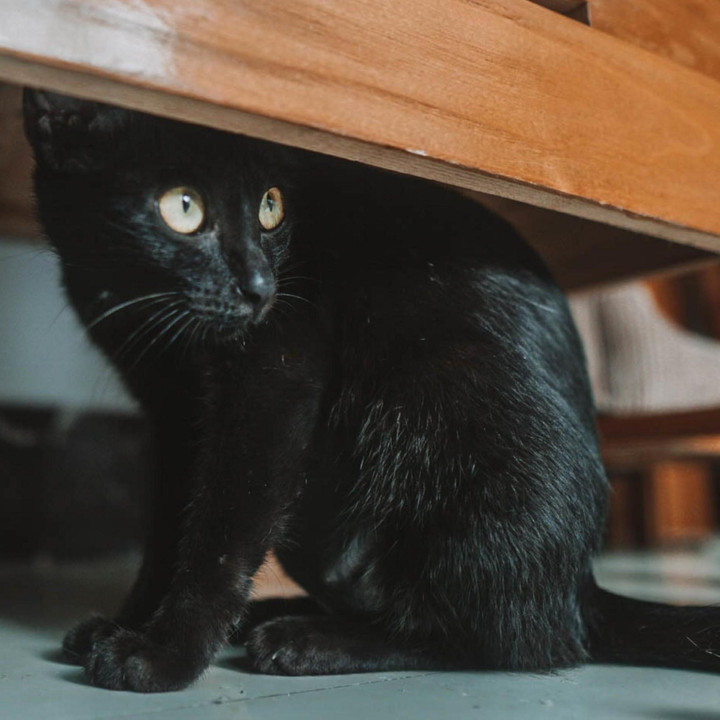
Neuroticism
insecure, fearful, scared of people, suspicious and shy
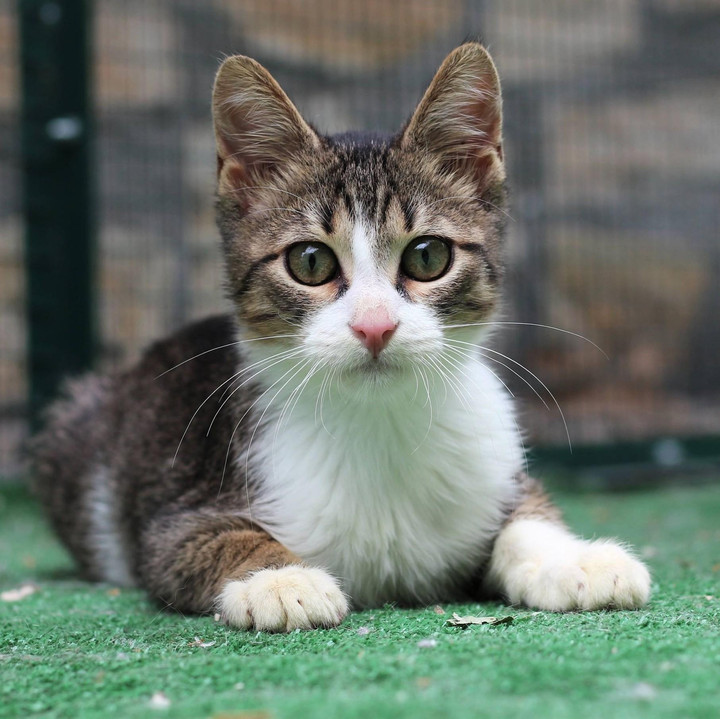
Extraversion
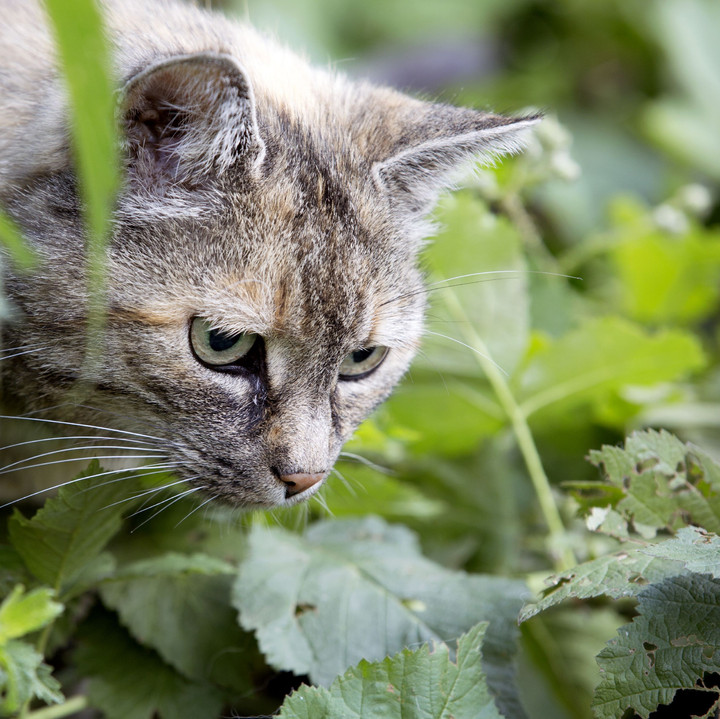
Dominance
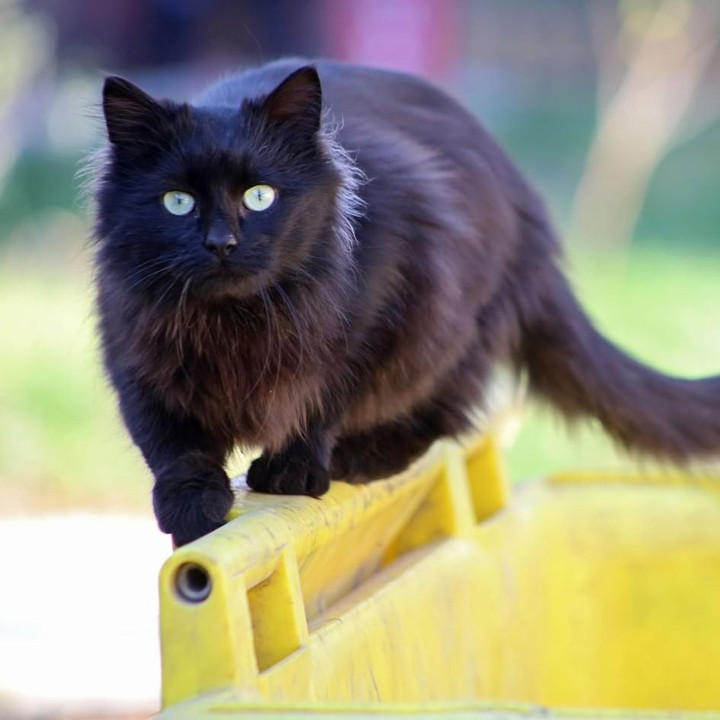
Impulsiveness
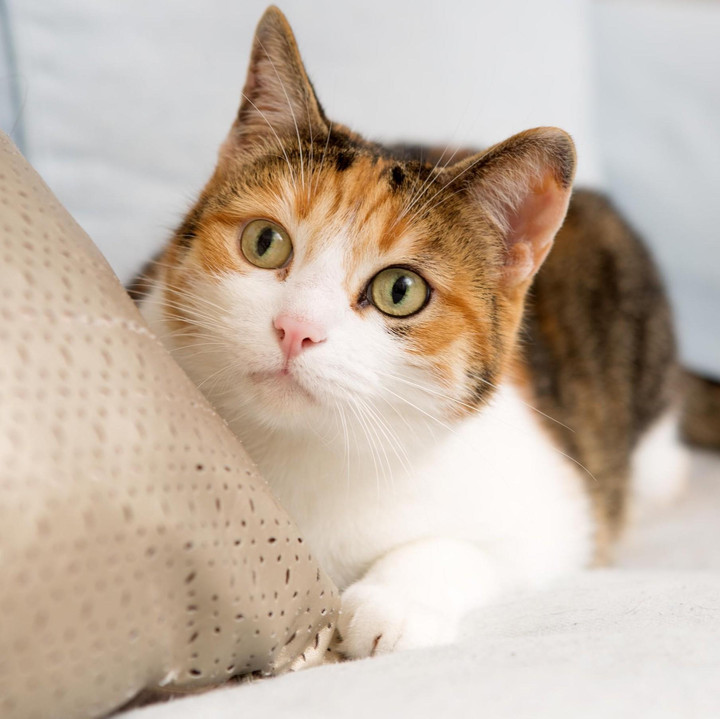
Compatibility
Every cat has all these characteristics, but in different markedness. When evaluating your own cat, the extremes are interesting and important.
Once you have recognised this, you can make changes in the keeping of your cat to accommodate its personality accordingly.
Practical application
The following examples2 show you how to assess your cat’s personality and what you can consequently do:
Is your cat extremely shy or even fearful? Then you can create additional retreat/hiding places in the house/apartment. Think about whether you want to allow your cat to roam outdoors, where the chance of fights with other cats is more likely.
Is your cat very extroverted? Provide plenty of enrichment and extra stimulation so your cat does not get bored. Playing with your cat dangling a small toy (e.g. a fake bird or mouse) from a shoelace or a loose thread will stimulate its hunting instinct and provide it with much needed physical activity. If your cat is on the opposite end of the spectrum, showing little curiosity, lacking activity and alertness, and displaying signs of clumsiness, it is important to have a veterinarian examine it, as illness could be the cause.
Do you have an extremely dominant cat? Then do not even think about bringing a second cat into the house.
Do you observe that your cat is unpredictable and reckless? If so, adjust your environment so that there are no potential stressors. If you do not know what is causing the stress in your cat, consult an animal behaviourist or a cat trainer for advice. Does your cat show less impulsive behaviour with the implemented changes? That is great, the cat feels safer now.
Is your cat relaxed around people? Do they adjust well to other animals in the home? Great, your cat is happy and satisfied. If the characteristics suddenly changed (e.g. the cat becomes irritable or aggressive), you should consult a veterinarian. Your cat might be in pain.
In conclusion, understanding your cat's unique personality is key to fostering a harmonious and fulfilling life together. By recognising their distinct traits and behaviours, you can create an environment where they feel secure, happy, and fully themselves – ensuring a strong and loving bond between you and your feline companion. So, what’s your cat’s personality like? Embrace it, and you’ll be well on your way to providing the best possible life for both of you.
Source
2. Cat personality explained: understanding the Feline Five. Australia’s Science Channel. [accessed 2021 Mar 11]. https://australiascience.tv/vod/cat-personality-explained-understanding-the-feline-five/

